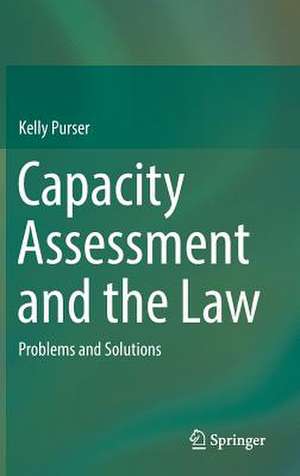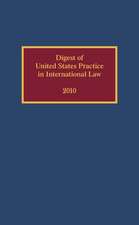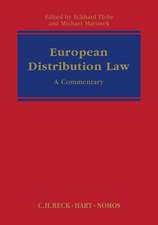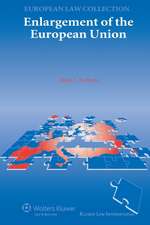Capacity Assessment and the Law: Problems and Solutions
Autor Kelly Purseren Limba Engleză Hardback – 29 mai 2017
| Toate formatele și edițiile | Preț | Express |
|---|---|---|
| Paperback (1) | 579.67 lei 6-8 săpt. | |
| Springer International Publishing – 2 aug 2018 | 579.67 lei 6-8 săpt. | |
| Hardback (1) | 783.05 lei 6-8 săpt. | |
| Springer International Publishing – 29 mai 2017 | 783.05 lei 6-8 săpt. |
Preț: 783.05 lei
Preț vechi: 954.93 lei
-18% Nou
Puncte Express: 1175
Preț estimativ în valută:
149.84€ • 154.82$ • 124.65£
149.84€ • 154.82$ • 124.65£
Carte tipărită la comandă
Livrare economică 19 martie-02 aprilie
Preluare comenzi: 021 569.72.76
Specificații
ISBN-13: 9783319543451
ISBN-10: 3319543458
Pagini: 194
Ilustrații: XIII, 194 p.
Dimensiuni: 155 x 235 x 13 mm
Greutate: 0.47 kg
Ediția:1st ed. 2017
Editura: Springer International Publishing
Colecția Springer
Locul publicării:Cham, Switzerland
ISBN-10: 3319543458
Pagini: 194
Ilustrații: XIII, 194 p.
Dimensiuni: 155 x 235 x 13 mm
Greutate: 0.47 kg
Ediția:1st ed. 2017
Editura: Springer International Publishing
Colecția Springer
Locul publicării:Cham, Switzerland
Cuprins
The Challenges Presented by the Assessment of Legal Capacity.- Therapeutic Jurisprudence.- Legal Capacity.- Testamentary Capacity.- Substitute Decision-Making.- Capacity Assessment – An International Problem.- Some Proposed Suggestions.
Textul de pe ultima copertă
This book discusses theoretical issues, standards, and professional considerations arising when legal and health practitioners undertake legal capacity assessments in the context of wills, enduring powers of attorney and advance health directives. The potential loss of cognition can erode autonomy as individuals lose the ability to make their own legally recognised decisions. This is an inescapable problem with significant legal, social, health and policy repercussions. This work synthesises and critically analyses the existing literature, including some of the best assessment models and guiding principles internationally, to generate a new methodology and understanding of what capacity assessment best practice means. This includes the impact of assessments on individual autonomy - the ideal method building upon respect for both autonomy as well as fundamental human rights. The triggers to assess capacity, who to involve in the assessment process, as well as how to conduct that assessment process are discussed. The crucial relationship between the legal and health professionals involved in assessments, including growing concerns around practitioner liability, is also explored. This analysis is undertaken through the innovative use of a therapeutic jurisprudence lens, the effect of which is to contribute new knowledge to this complex field.
Caracteristici
Suggests best practice guidelines for assessing capacity to assist with assessments Outlines the guiding principles to help legal and medical practitioners assess capacity Comparison of international models of capacity assessment for ease of reference Discussion of problems commonly faced in assessments to help avoid them?
















